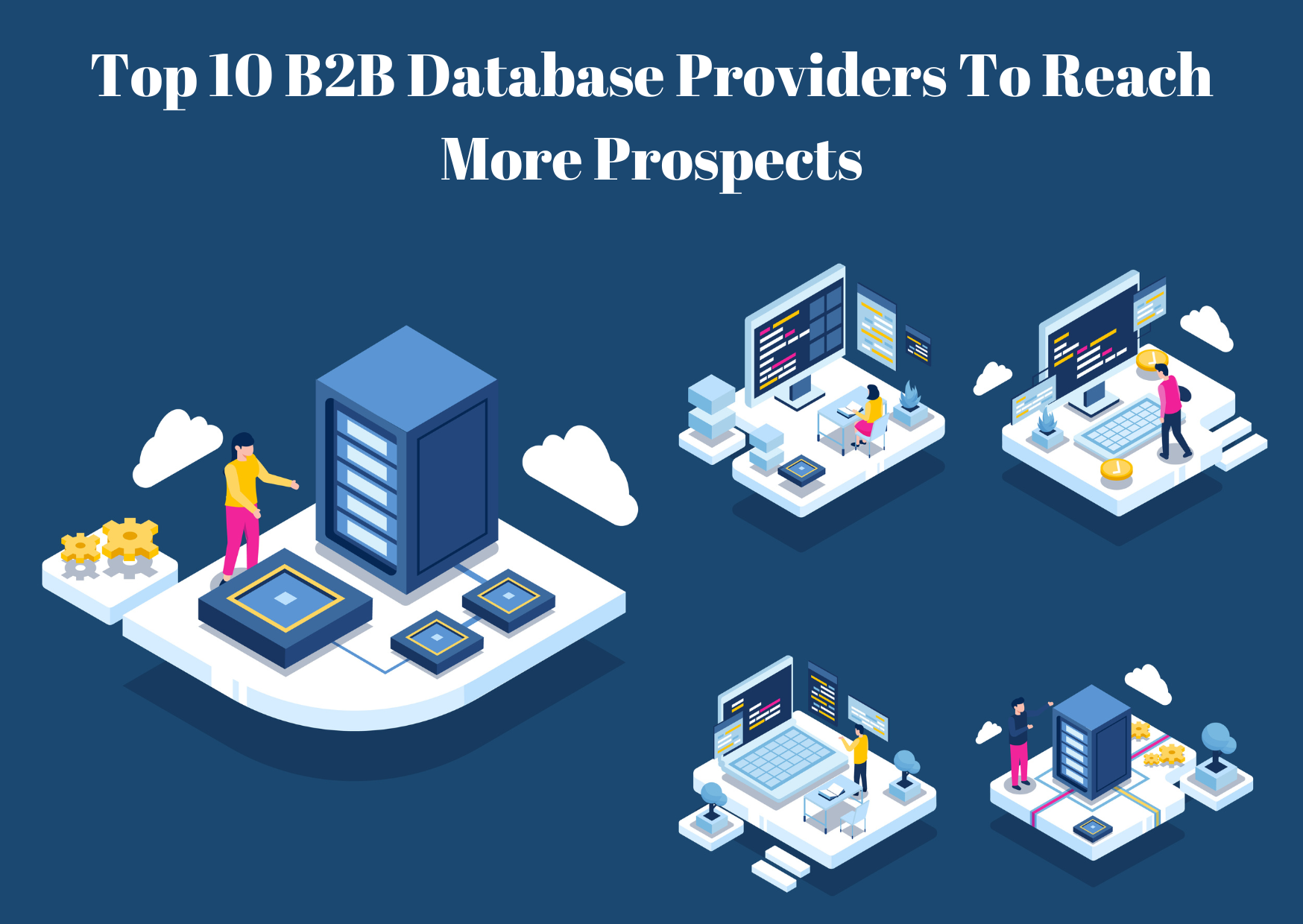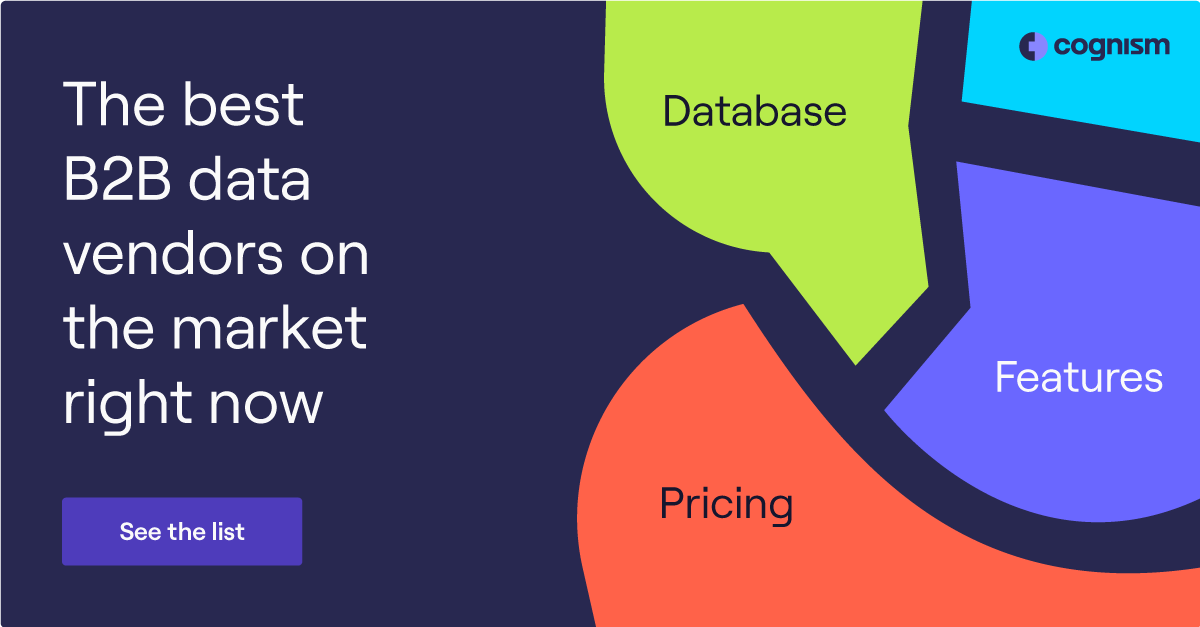Patterns in Database Providers: What to Expect in the Coming Years
Patterns in Database Providers: What to Expect in the Coming Years
Blog Article
Key Functions to Look for When Choosing a Data Source Company
Picking a database service provider is a vital decision that can dramatically influence your company's data and operations administration technique. Among the crucial features to consider are scalability options, which ensure that your system can adapt to expanding needs.
Scalability Options
When picking a data source supplier, recognizing scalability alternatives is important to making sure that the chosen solution can suit future growth. Scalability describes the ability of a data source system to expand its capability and efficiency in response to boosted demand. There are two main sorts of scalability: vertical and straight.
Vertical scalability, or "scaling up," entails boosting a single server's sources, such as CPU, RAM, or storage. This method can be economical and straightforward for smaller sized applications yet may get to a limitation where even more upgrades are as well expensive or not practical.
Horizontal scalability, or "scaling out," entails adding more web servers to distribute the load. This strategy permits for higher flexibility and can suit significant rises in data quantity and individual traffic (database provider). It is specifically useful for cloud-based database options that can dynamically allocate sources based on demand

Safety Steps

When assessing safety and security steps, consider the implementation of security methods (database provider). Data-at-rest and data-in-transit file encryption are important to guarantee that delicate details remains safeguarded, also in case of a safety and security breach. In addition, try to find suppliers that provide strong verification devices, such as multi-factor authentication (MFA), to even more improve gain access to control
Routine security audits and conformity with market standards, such as GDPR or HIPAA, are a measure of a supplier's commitment to information security. In addition, ask about their case reaction strategy; a robust strategy can reduce the influence of any type of potential protection event.
Efficiency Metrics
Assessing efficiency metrics is vital for companies to guarantee that their picked database carrier meets functional requirements. Secret efficiency metrics include action scalability, time, and throughput, which collectively figure out the performance of database operations under differing tons.
Response time is vital, as it mirrors how rapidly the data source can refine queries and return results. Organizations must seek metrics that indicate average action times during top and off-peak hours. Throughput, commonly gauged in transactions per second (TPS), offers insight right into the data source's capacity to handle high volumes of requests without performance deterioration.
Scalability examines the data source's ability to expand with the company's demands. A durable data source provider ought check these guys out to demonstrate straight and upright scaling capabilities, permitting seamless modifications as demands change. Furthermore, comprehending latency, especially in dispersed systems, can assist companies examine the responsiveness of the data source across different geographical locations.
Client Support
Dependable customer assistance is a foundation of reliable data source management, giving companies with the assistance needed to enhance and deal with issues efficiency. When choosing a database provider, reviewing the level of customer assistance they provide is essential. A durable support system need to include several channels of interaction, such as phone, email, and live conversation, guaranteeing that customers can access assistance whenever they require it.
Furthermore, responsive support groups that are offered 24/7 greatly improve the reliability of the database solution. Trigger feedback times and efficient resolution of concerns can substantially reduce downtime and boost total productivity. It is additionally advantageous to think about the accessibility of committed support employees, who can supply tailored aid based upon an organization's certain demands.

Rates Structure
When taking into consideration a data source provider, the rates framework is an essential factor that can dramatically impact a company's budget and general approach. A flexible and transparent rates model is necessary for aligning the database sets you back with business requirements - database provider. Organizations must evaluate whether the prices is based upon intake, per user, or a flat rate, as each model can generate different economic ramifications gradually
It is very important to evaluate any extra prices related to the company's solutions, such as information storage charges, purchase prices, and assistance charges. Some suppliers might supply tiered pricing, allowing scalability as the organization grows, while others may enforce strict limitations that might come to be pricey useful content as information needs increase.
Moreover, organizations ought to think about the long-term value of the database solution. While reduced first prices can be appealing, they might not make up future upgrades, upkeep costs, or assimilation prices. Performing a thorough cost-benefit analysis will certainly aid recognize one of the most appropriate prices structure that balances performance, scalability, and support, ultimately ensuring that the selected data source supplier lines up with the company's functional and economic goals.
Conclusion
In final thought, picking a database supplier necessitates cautious factor to consider of various important features. Assessing efficiency metrics makes it possible for the identification of reliable databases, and available consumer assistance enhances the general customer experience.
Picking a database company is a critical decision that can substantially influence your company's operations and data administration approach.When selecting a database company, comprehending scalability alternatives is crucial to ensuring that the selected service can fit future development. When picking a data source carrier, evaluating the level of customer support they offer is important.When thinking about a data source service provider, the prices structure is a critical element that can considerably impact an organization's budget and overall strategy. Performing a complete cost-benefit evaluation will certainly assist determine the read the article most suitable pricing framework that stabilizes scalability, assistance, and efficiency, eventually guaranteeing that the selected data source carrier lines up with the organization's financial and functional purposes.
Report this page